What is the UN and how it works?
You have certainly heard about the United Nations (UN) and its importance in the political world, but do you know its exact function in the international scene and how it is related to Human Rights and Business? In this week basic series, we are going to explain with details the purpose of the Organization and its activities.
The UN is an intergovernmental organization, created on the 24th of October 1945 by the Charter of the United Nations, after World War II, with the objective of promoting international cooperation and avoid new severe conflicts with the destructive capability that was seen during the two world wars. Some of the UN goals also include avoiding global conflicts, consolidate security and stability of peoples, protect the environment, promote human rights, assist in the social progress and maintain international peace.
The United Nations was formulated and negotiated by delegations from the Soviet Union, the United Kingdom, the United States and China at the Dumbarton Oaks Conference in 1944. After it was officially founded, the UN already had 51 State parties, a number that has grown over the decades, reaching 193 State parties today. Its first head office was in New York, (United States – North America), after the approval by its General Assembly. The installation was finished in 1952. However, nowadays, the body also has head offices in Geneva (Switzerland – Europe), Nairobi (Kenya – Africa) and Vienna (Austria – Europe) – all the head offices are legally designed as international territory, that is, they are not applicable to the countries domestic law in which they are set.
The UN structure is based on six main bodies: the General Assembly, the Security Council, the Economic and Social Council (ECOSOC), the Secretariat, the Human Rights Council, and the International Court of Justice. Four of five of the main bodies are set in its main office in New York. A seventh main body, the Trusteeship Council, was suspended in 1994 after the independence of Palau, the last territory with the protection of the UN.
Each body has a different function in the Organization, which can be summarized as follows:
- General Assembly: Aims to oversee the UN budget, appoint non-permanent members of the Security Council, receive reports from other institutions of the Organization and make recommendations under resolutions. The Assembly is the only body on which all member countries have equal representation, and can make recommendations on any UN matters – except peace and security issues, which are the responsibility of the Security Council.
- Security Council: it has the objective of ensuring the maintenance of international peace and security. This is the only body that can adopt obligatory decisions for all the State parties of the United Nations, including authorize military intervention to ensure the enforcement of its resolutions. It is composed by 15 members, 5 of which being permanent with the power to veto, they are: United States, France, United Kingdom, Russia and China – the others are appointed by the General Assembly, for two-year terms. Although it is composed by only 15 countries, the Security Council has a good share on the UN decision power. During the last 30 years, many countries (and Brazil was one of the more active on the matter) have been searching for a reformulation and expansion of the Council, according to the actual economic order and international politics. Although there were many protests, the council’s order didn’t change and its configuration remained unchanged.
- The Economic and Social Council: This body is the main forum for internal discussions that involve economic and international social activities, formulating recommendations of development for the members. It is composed by 54 State parties, also appointed by the General Assembly in three-year terms, allocated according to the geographical representation of the continents.
- Human Rights Council: is part of the body that supports the General Assembly, its main purpose is to advise the Assembly on situations where there are human rights violations and propose treaties on the theme; the Assembly, in turn, can make recommendations to the Security Council. The Human Rights Council is composed by 47 State parties and was created as a successor to the United Nations Commission on Human Rights in 2006.
- Secretariat: is an administrative body for the supply of studies and necessary information to the United Nations. The secretary-general, and highest positions that can be achieved at the UN, and responsible for the body, is also appointed by the General Assembly upon the recommendation of the Security Council. One of its most important tasks is to draw the attention of the Security Council to any event that may threaten the maintenance of international peace and security in its opinion.
- International Court Justice: This is the main UN judiciary body and its main task is to resolve legal conflicts submitted by States. It is composed by 15 judges of distinct nationalities, appointed for nine-year terms by the General Assembly and the Security Council. Its head office is set in The Hague, in the Netherlands, and although it deals with scarce and specific cases, there has been an increase in its use since the 1980s, especially by developing countries.
Besides, there are also complementary bodies of the Organization, such as the WHO (World Health Organization, which has the responsibility of developing to the maximum and preserve the peoples health), World Food Program (WFP, the largest humanitarian agency in the world, with the goal of donating food around the globe), The United Nations Children’s Fund (UNICEF, which promotes and defends the rights of children), among others (World Bank, IMF, ILO, etc.).
To find out more about the United Nations, access the website and get to know a little more about such an important work that the institution offers around the world: https://www.un.org/en/

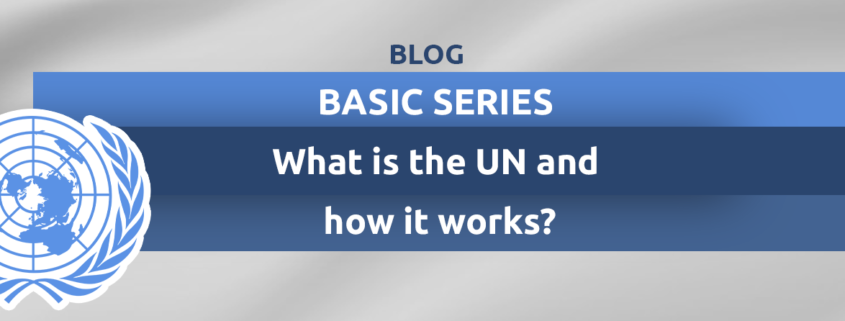
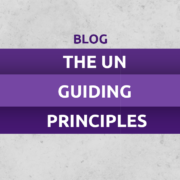
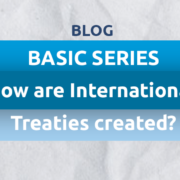
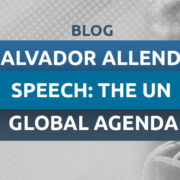

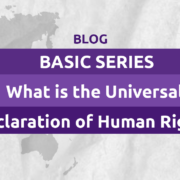



Leave a Reply
Want to join the discussion?Feel free to contribute!